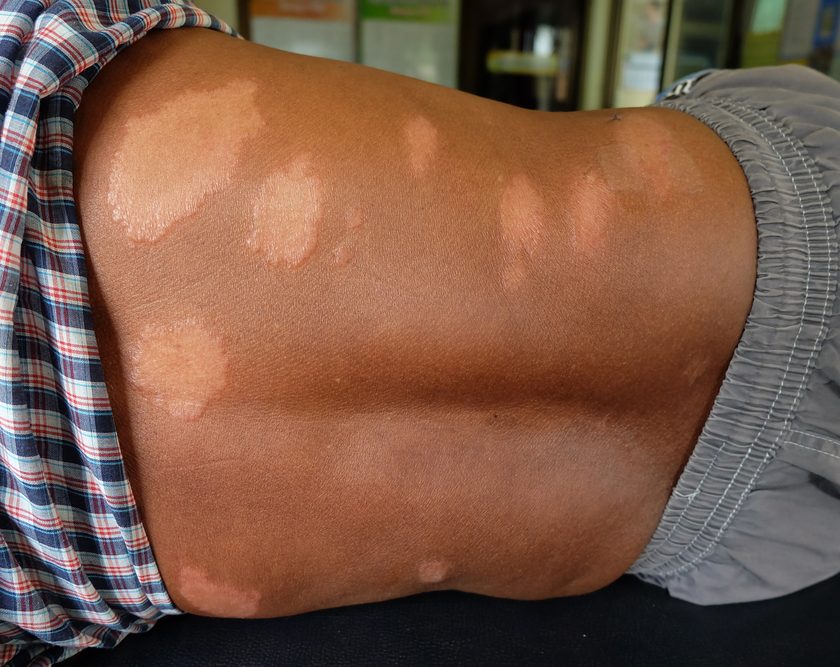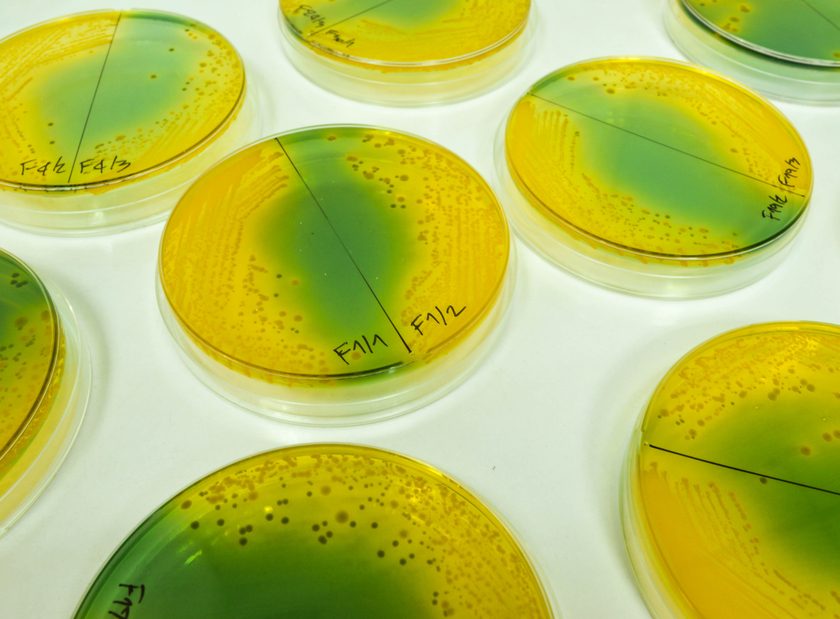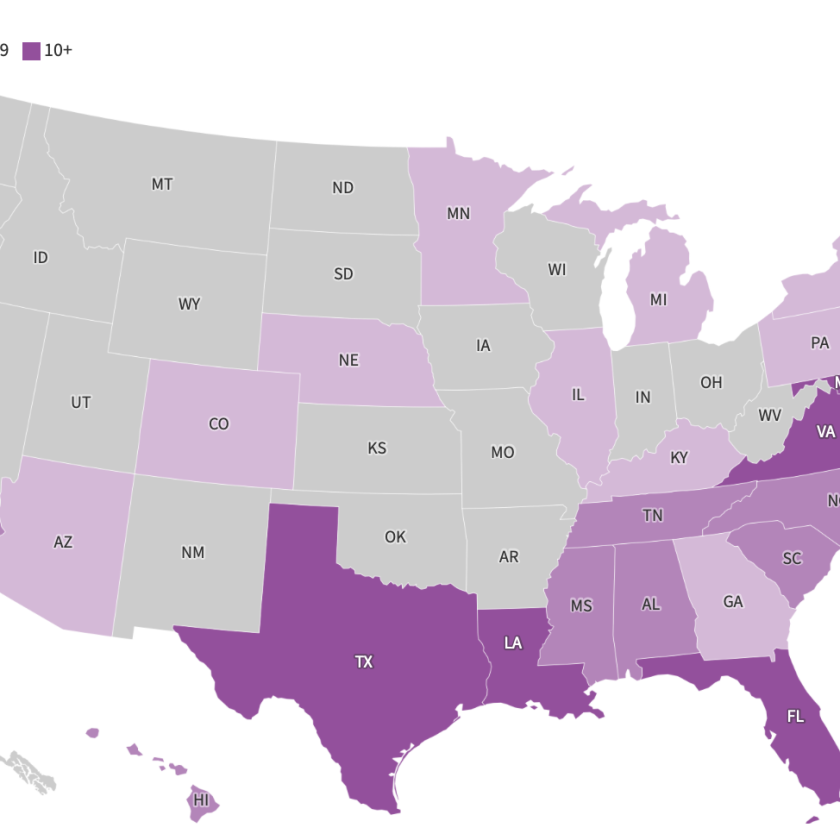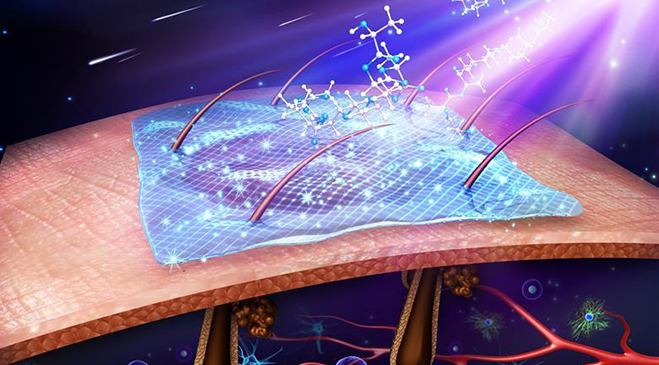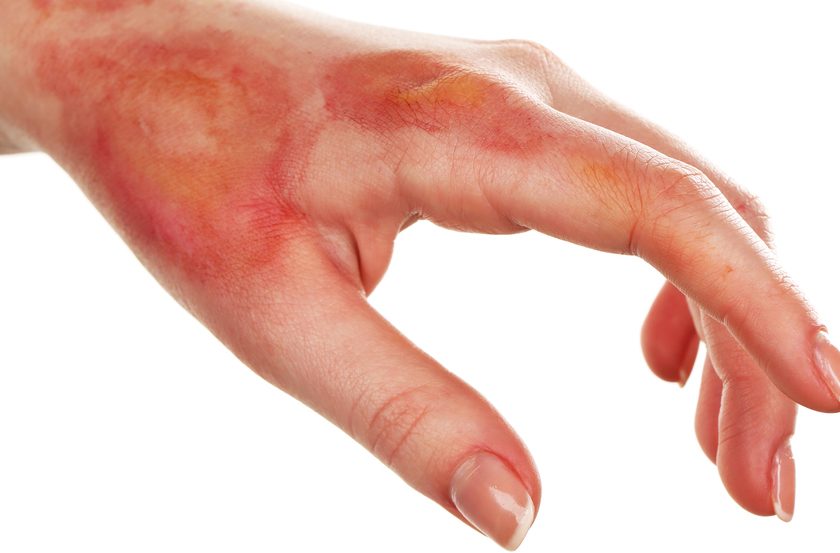By Stanley A. Rynkiewicz III, MSN, RN, WCC, DWC, CCS
Developing a successful wound care program requires a strong commitment and a willingness to learn. Our experience with creating such a program at Deer Meadows Home Health and Support Services, LLC (DMHHSS), a nonprofit home-care facility in Philadelphia, Pennsylvania, may help others build a similar wound care program and reap the rewards of a more confident staff as well as improved patient outcomes.
Filling a need
I’m the administrator at DMHHSS, which is accredited by the Community Health Accreditation Program. Since its inception in 2009, our organization has provided quality home health services to more than 2,500 patients in our service area, and DMHHSS continues to grow.
After the organization was up and running, it didn’t take us long to recognize we needed more expertise in the area of wound care to meet our goal of quality care and positive patient outcomes. Wound care in the home differs dramatically from wound care in a hospital setting and presents its own challenges. Many of our patients have chronic comorbidities, such as diabetes and peripheral vascular disease, and present with chronic wounds or open sores that don’t heal easily. Most of our patients live alone or have a caregiver who’s unable or unwilling to change dressings. Consequently, wounds take longer to heal and the patient’s quality of life is diminished.
With these patient facts in hand, my clinical director, Irene Dudley, BSN, RN, OMS, WCC, and I decided that DMHHSS would initiate a wound care program to ensure comprehensive, consistent, and dependable quality care for our patients.
Deepening knowledge
Our first goal was to educate our clinical staff in all aspects of wound care, including state-of-the-art products and evidence-based protocols, which would help clinicians determine appropriate supplies necessary for care and calculate the frequency of visits.
Certification in wound care is a natural outgrowth of our clinical staff education and an essential component of our wound care program. (See About certification.) Certification helps our nurses demonstrate their interest and knowledge in a specialized area of patient care. Our wound care certified nurses report a sense of personal satisfaction, pride, and confidence in their ability to manage complicated wounds. In addition, these professionals also earn the respect of their employers, colleagues, physicians, and patients. Wound certification has strengthened our team.
Wound care program in action
Once wound care education had been completed, we created a system that promotes consistent, quality care. Patients admitted to the DMHHSS wound care program are assigned a primary nurse who makes regular visits to the patients’ homes. While treating and monitoring a patient’s wound, DMHHSS staff also teach patients and caregivers about best practices to help improve would healing, including nutritional needs, environmental hazards, and cleanliness. Our clinical staff, along with the management team, regularly review the plan of care to ensure that patients’ needs are being met. DMHHSS staff also work closely with the physicians and keep them informed on the patients’ wound-healing progress.
Since the initiation of the wound care program at DMHHSS, we have earned the respect and trust of the physicians, and our census growth has improved by more than 300%. Our clinical staff now has a strong and trusting relationship with the physicians, who welcome the input of our knowledgeable and certified staff. Frequently, the physician will consult the WCC nurse to determine the best practice regarding a patient. Wound healing is promoted when all caregivers focus on the same goals and communicate changes in a timely manner.
Community outreach
In addition to the overall program at DMHHSS, my certification in wound care inspired me to create a free diabetic foot-screening clinic in Philadelphia. My goal was to create a reproducible clinic model that could be run on a low budget, funded by sponsorships from business partners. It took hard work, careful planning, and thorough preparation to make this clinic a reality, starting with a team of volunteer professionals and other personnel who helped with ensuring due diligence, setting up the clinic, creating advertisements and forms for the clinic, procuring sponsors, finding additional volunteers, and assembling educational packets.
DMHHSS held two one-day clinics in 2013, one at Reba Brown Senior Residence in Southwest Philadelphia from 8 a.m. to 2 p.m. and the other at Deer Meadows Retirement Community in Northeast Philadelphia from 9 a.m. to 1 p.m. We advertised the clinics on our website and Facebook page and through community e-mail blasts, press releases to several newspapers and radio stations, and event flyers distributed throughout the Philadelphia area.
Staff at each event included administrative staff who greeted people and helped them with registration and moving through the process, volunteer nurses, WCC- and DWC-certified clinicians, and a podiatrist. All registration forms, including consent for screening, were collected and maintained by DMHHSS. I continued to expand upon this outreach project in 2014, refining my diabetic foot-screening clinic model. This year, DMHHSS held its second annual clinic at Reba Brown Senior Residence. We plan to continue to offer the clinic annually, and introduce the concept in other areas in Philadelphia.
To date, these successful diabetic foot-screening clinics have drawn nearly 280 Philadelphians, ranging in age from 35 to 85. The appreciation of the participants was heartfelt and evidenced by the thankful looks on their faces. We were able to provide participants in need with follow-up visits by local visiting podiatrists, which will ensure continuing foot care to those who, in the past, were at risk.
Our postclinic discussions made it clear that our outreach work had only scratched the surface of a great need. Much more needs to be done regarding wound care in our community, and our knowledge and expertise have the potential to produce an enormous impact. If you would like information on starting a similar clinic to pay it forward in your own community, contact me at [email protected].
A sense of pride
We market DMHHSS as a facility with wound care certified clinicians, which distinguishes us from other home health providers. This strategy has yielded new referral sources and new relationships with physicians and wound care centers. Our entire staff feels a sense of pride in all we have accomplished. They are proud to be part of our future as we continue to learn and grow our expertise in home health care.
Stanley A. Rynkiewicz III is the administrator at Deer Meadows Home Health & Support Services, LLC, in Philadelphia, Pennsylvania.
Disclaimer: The views expressed in this article are those of the author and do not necessarily represent the views of, and should not be attributed to, Wound Care Advisor. All clinical recommendations are intended to assist with determining the appropriate wound therapy for the patient. Responsibility for final decisions and actions related to care of specific patients shall remain the obligation of the institution, its staff, and the patients’ attending physicians. Nothing in this information shall be deemed to constitute the providing of medical care or the diagnosis of any medical condition. Individuals should contact their healthcare providers for medical-related information.

